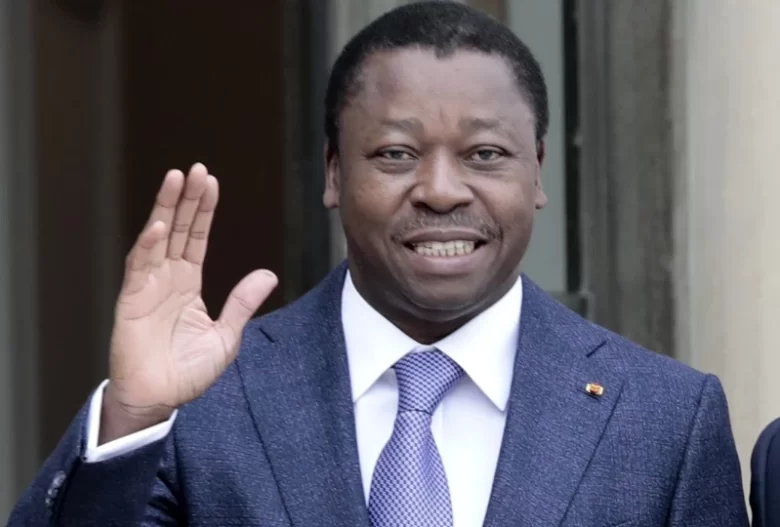Togo’s government declared the upcoming three-day protest against the arrest of opposition figures and the implementation of legislation abolishing presidential elections as illegal.
This announcement has escalated tensions in the West African nation, which has been under the rule of the same family for nearly 60 years.
The interior and security ministries warned that the planned protests starting on Thursday would severely disrupt public order.
Additionally, the government postponed parliamentary elections until April 29, extending the voting period by just over a week.
A spokesperson for the opposition group organising the planned protest indicated that the coalition was deliberating whether to proceed with the rallies despite the government’s declaration.
“Whenever they’re in a panic, they’re ready to use any kind of tricks against the opposition,” stated spokesman Eric Dupuy to The Associated Press. “It doesn’t move us.”
Last week, the government arrested nine opposition activists for engaging in political activities at a market.
However, all nine were released on Tuesday evening. A statement from the public prosecutor’s office cited disturbing public order as the reason for their arrest.
Thomas Kokou Nsoukpoe, a spokesperson for those arrested, denounced the arrests as arbitrary and abusive.
The proposed constitution, which lawmakers approved in late March and is nearing enactment, bestows upon parliament the authority to select the president, eliminating direct elections.
This development increases the likelihood of President Faure Gnassingbe’s reelection when his term expires in 2025.
The opposition and clergy argue that the legislation is an attempt by Gnassingbe to extend his tenure.
Previous opposition protests, notably in 2005 and 2017, have resulted in fatalities, displacements, and exiles, with hundreds of individuals affected.
“The government’s reactions to previous opposition protests have been resolute, forceful, and severe,” stated Aimé Adi, head of the Togo branch of Amnesty International.
“Given the bitter past experiences, people are now much more apprehensive and distrustful, making it difficult to anticipate whether they will rally en masse in response to the opposition’s call for protests.”
Togo, with a population of approximately 8 million people, has been under the rule of the same family for 57 years, initially led by Eyadema Gnassingbe and later succeeded by his son.
Faure Gnassingbe has held office since 2005, following elections that the opposition criticised as fraudulent.
While some legal experts argue that the proposed constitution could potentially curtail the authority of future presidents by implementing a one-term limit and granting increased powers to a new position resembling a prime minister, the opposition is concerned that the creation of this new role, officially titled the president of the council of ministers, could serve as another method for Gnassingbe to maintain his grip on power.
YOU MAY ALSO READ: Spanish tennis player Aaron Cortes banned until 2039 for match-fixing charges









Got a Question?
Find us on Socials or Contact us and we’ll get back to you as soon as possible.